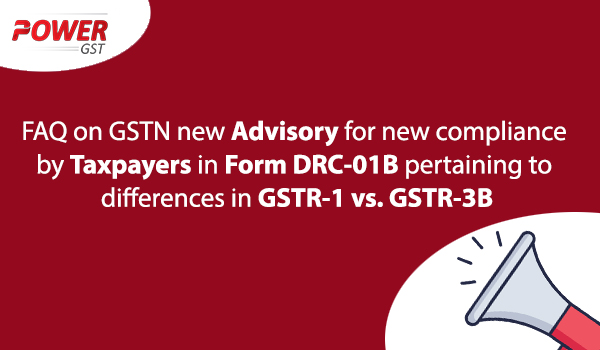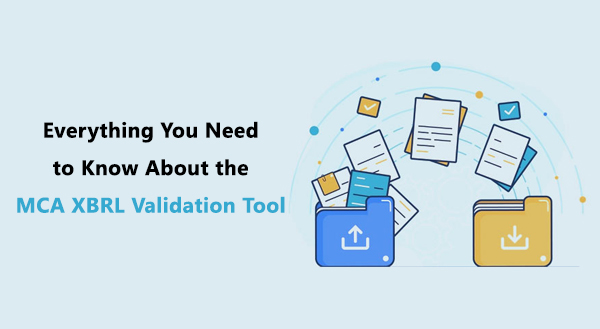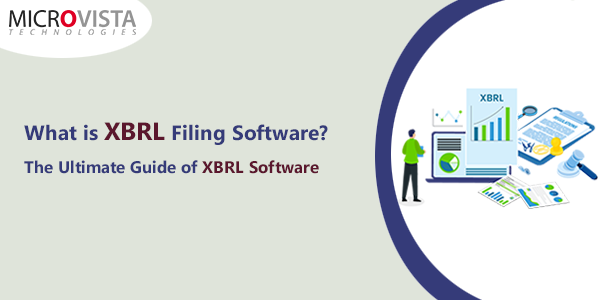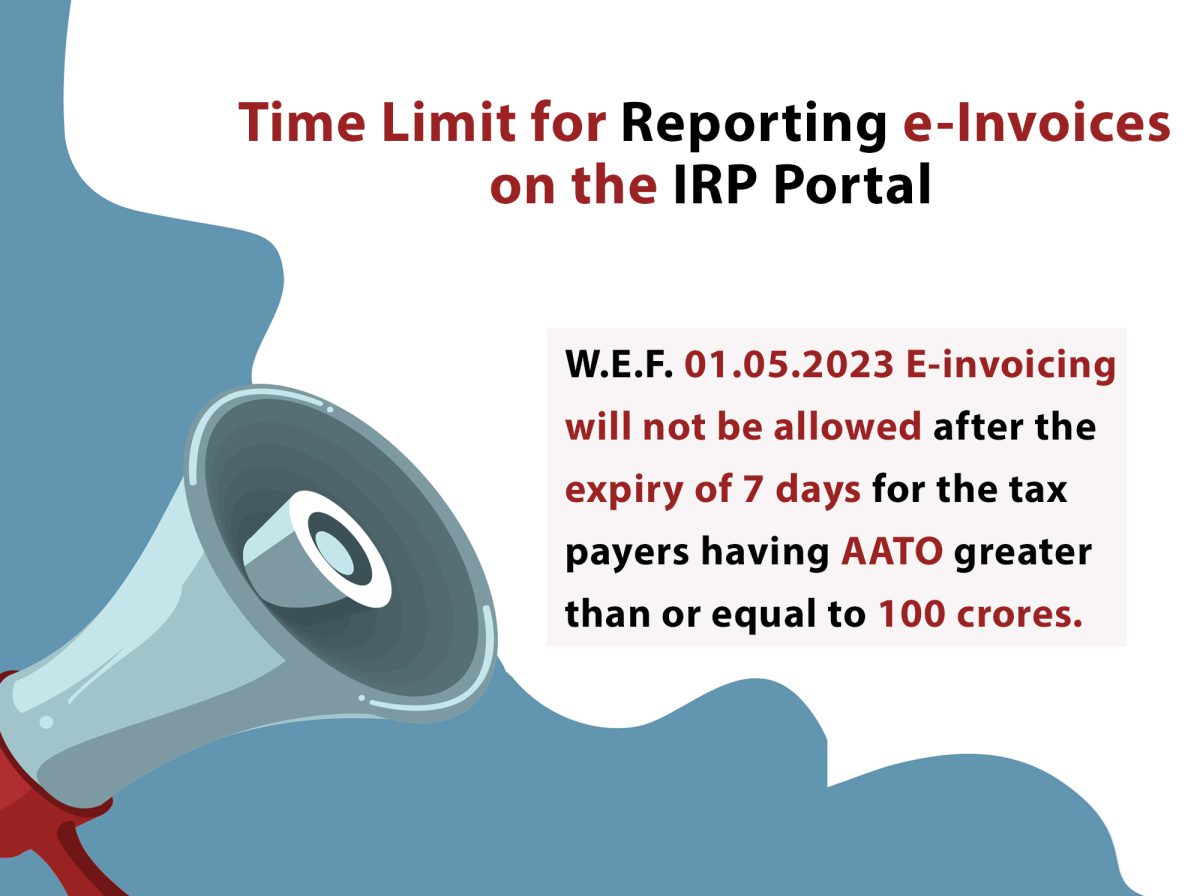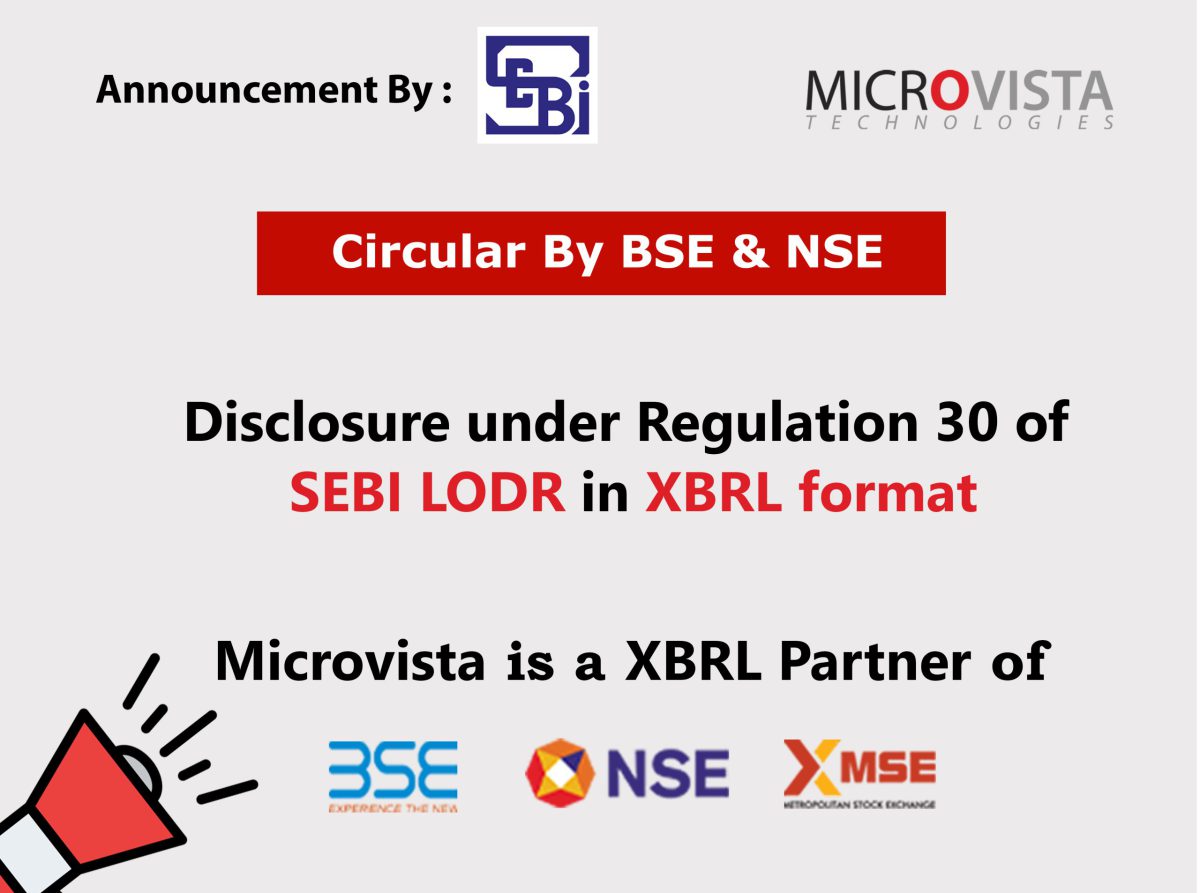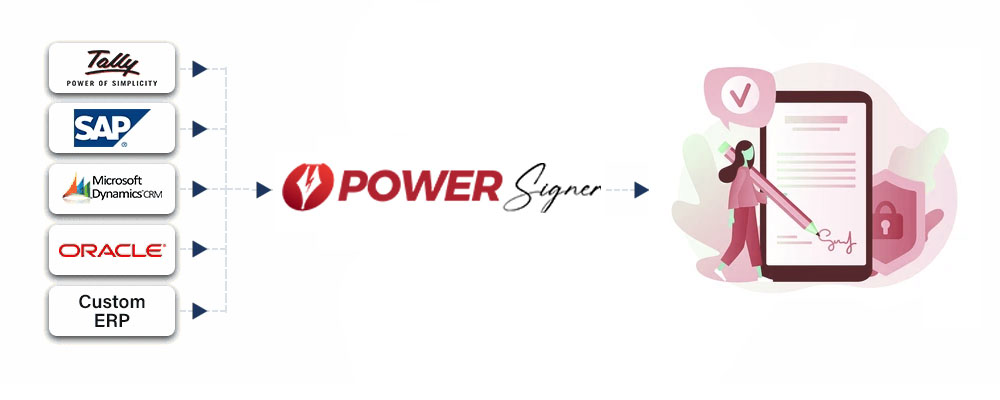In today’s digital world, it’s more important than ever to have a secure and efficient way to sign and verify documents. Digital signatures provide a solution to this need, allowing individuals and organizations to sign and verify documents electronically. In this blog, we’ll explore the benefits of Creating digital signatures and why they are becoming increasingly important in the digital age.
Security: Digital signatures use encryption and digital certificates to ensure the authenticity and integrity of a document. This means that once a document is signed, it cannot be altered or tampered with, providing a high level of security for sensitive information.
Convenience: Digital signatures eliminate the need for physical signatures and the need to send documents back and forth for signatures. This saves time and makes the process of signing and verifying documents much more efficient.
Compliance: In many industries, regulations require that certain types of documents be signed and verified. Digital signatures provide a secure and compliant way to meet these requirements, without the need for paper-based signatures.
Cost Savings: By eliminating the need for physical signatures and reducing the time and effort required to sign and verify documents, digital signatures can help organizations save money on printing, shipping, and other costs associated with paper-based signatures.
Environmentally Friendly: Digital signatures also have a positive impact on the environment, as they reduce the need for paper and printing, helping to reduce waste and conserve natural resources.
In conclusion, digital signatures are becoming increasingly important in the digital age, providing a secure, convenient, and compliant way to sign and verify documents. With the growing need for efficient and secure document management, digital signatures are an essential tool for organizations of all sizes. Whether you are a small business or a large corporation, consider implementing digital signatures as part of your document management strategy.

